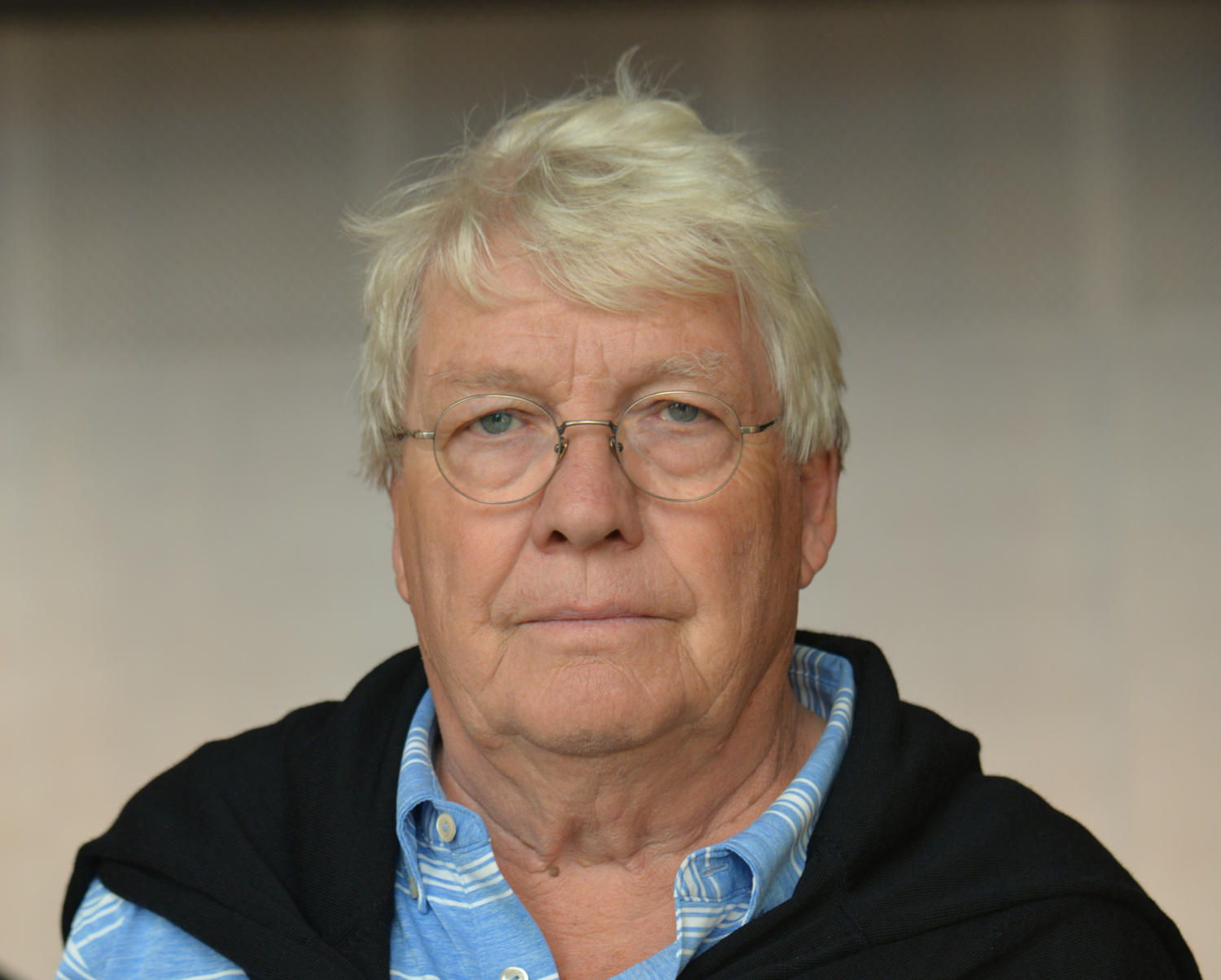The No More Gas campaign at Friends of the Earth Melbourne has welcomed the options under consideration by the Department of Environment, Energy and Climate Action announced today to improve Minimum Standards for Rental Properties and Rooming Houses. The Victorian Government has opened up a regulatory impact statement for public consultation, with submissions closing 1 July 2024.
Currently in Victoria rental properties need only comply with a minimum two star energy rating. “That’s basically a glorified tent, in terms of insulation,” said No More Gas campaigner Freja Leonard. Victorian rentals currently don’t need to offer air conditioning, which is more efficient and cost effective than gas heating in most cases.
One third of homes in Victoria are rentals and are often occupied by some of the most financially stressed householders. The additional energy required to heat and cool leaky, inefficient rentals adds significantly to both escalating climate change and the cost of living crisis, and renters have for years reported that they will avoid turning on heating and cooling out of fear of unaffordable energy bills.
“Half of the gas used in Victoria is blown on heating buildings alone so setting higher standards for rental energy efficiency and mandating ceiling insulation will save Victoria from projected gas shortfalls in the winters in coming years,” said Ms Leonard. “Naturally we are disappointed that gas heating is still on the table for future rental properties in Victoria. This is an opportunity missed to improve financial outcomes for renters and to help Victoria side step gas shortages in coming years.”
“On the other hand, we love the proposal that before a property can be leased to new private, public or social housing tenants it must offer higher efficiency standards. Existing tenants won’t need to fear being kicked out by landowners who want to raise rents to cover the costs of mandatory upgrades. Of course, there is downside that this could create a two tier market – those in cheap rentals that are expensive to run and those in more expensive, upgraded properties with lower energy bills,” Ms Leonard said.
“This policy should be rolled out alongside mandated price caps for rentals to ensure that homes are affordable for tenants irrespective of whether they are upgraded or not.”
“We are disappointed that gas appliances are still going to be considered an energy efficient option for rental properties,” said Ms Leonard, “Fossil gas is around eighty-four times more polluting to the climate than carbon dioxide over a twenty year period and of course increase the risk of asthma and respiratory illnesses for people living with gas cooking.”
“We do, however, welcome the clarification that hot water service upgrades will be specifically all-electric wherever possible,” Ms Leonard said.
The announcement by the Victorian Government coincides with the planned launch of a new report by Friends of the Earth Melbourne, targeting rental energy standards. The ‘Saving Rental Energy’ report describes the state of renting in Victoria through an energy justice lens, offering practical solutions for state and federal governments as well as for householders to manage the efficiency of their rented homes without risking their bond.
Key Facts:
The Victorian Government has today launched the Minimum Standards for Rental Properties and Rooming Houses Regulatory Impact Statement for public submission.
While proposing some critical upgrades it falls short of entirely replacing expensive, polluting gas with renewable electric appliances for the third of Victorian households that rent.
The No More Gas campaign at Friends of the Earth Melbourne is preparing to launch a report called Saving Rental Energy which offers strong policy advice for the Victorian and Australian Governments to help deliver affordable, healthy rental properties across Victoria
About us:
Friends of the Earth Melbourne is an environmental and social justice organisation that has fifty years’ experience advocating for better outcomes for people and planet.
The No More Gas campaign works to inform the public and decision makers in better energy outcomes for Victorians and for the climate.

/who-office-at-the-united-nations-(wun)/un-sc-dg.tmb-768v.jpg?sfvrsn=6720f3fc_1)






